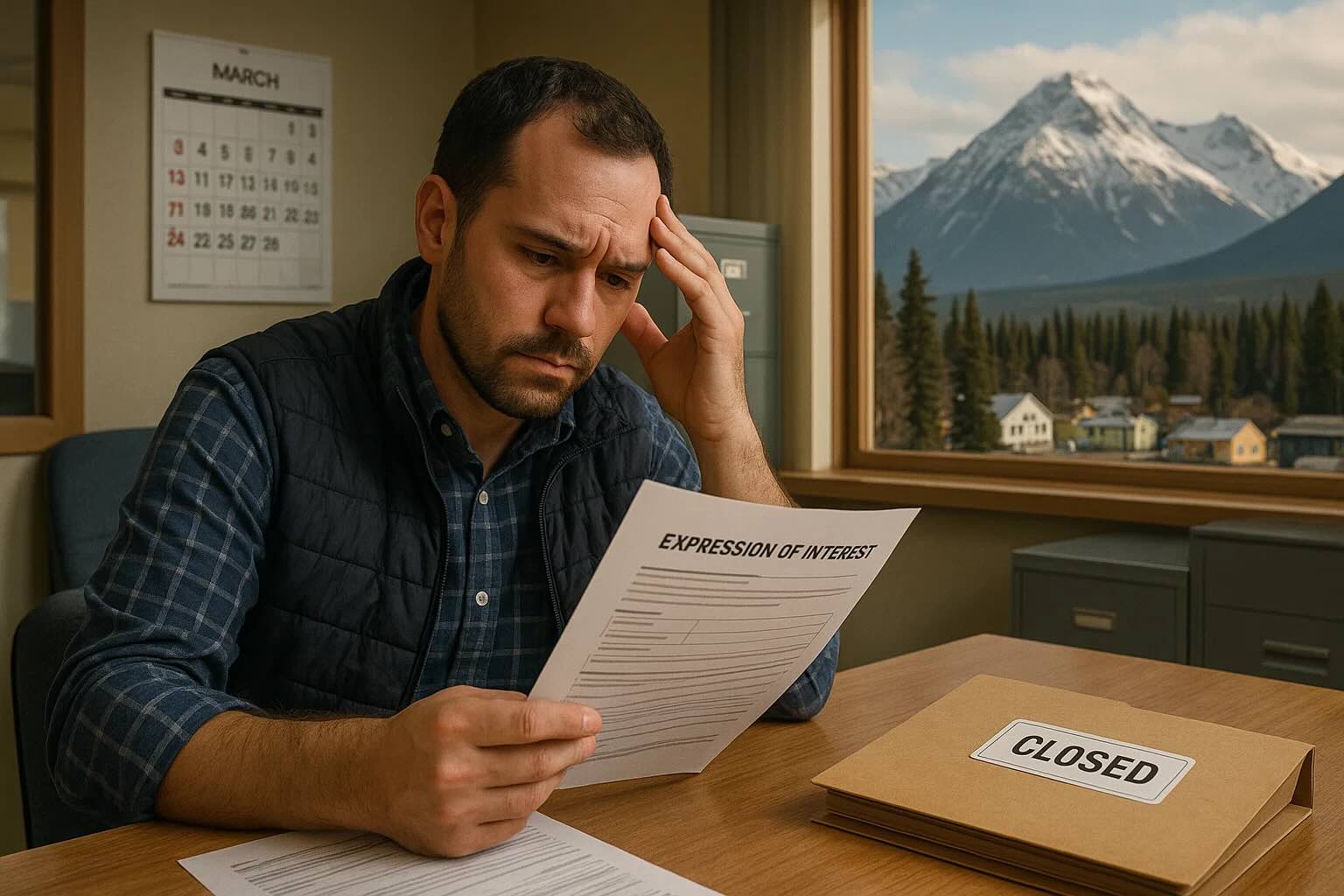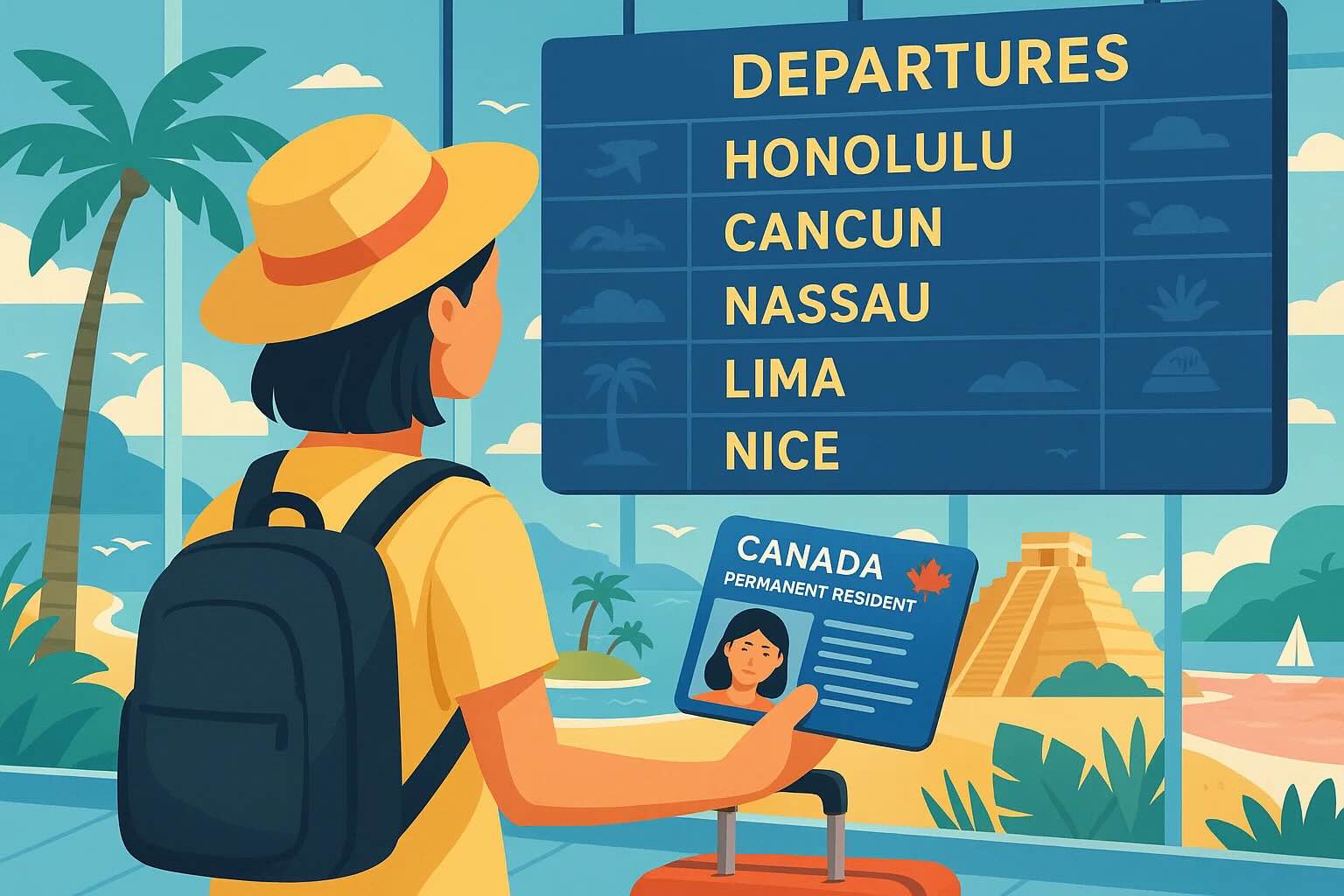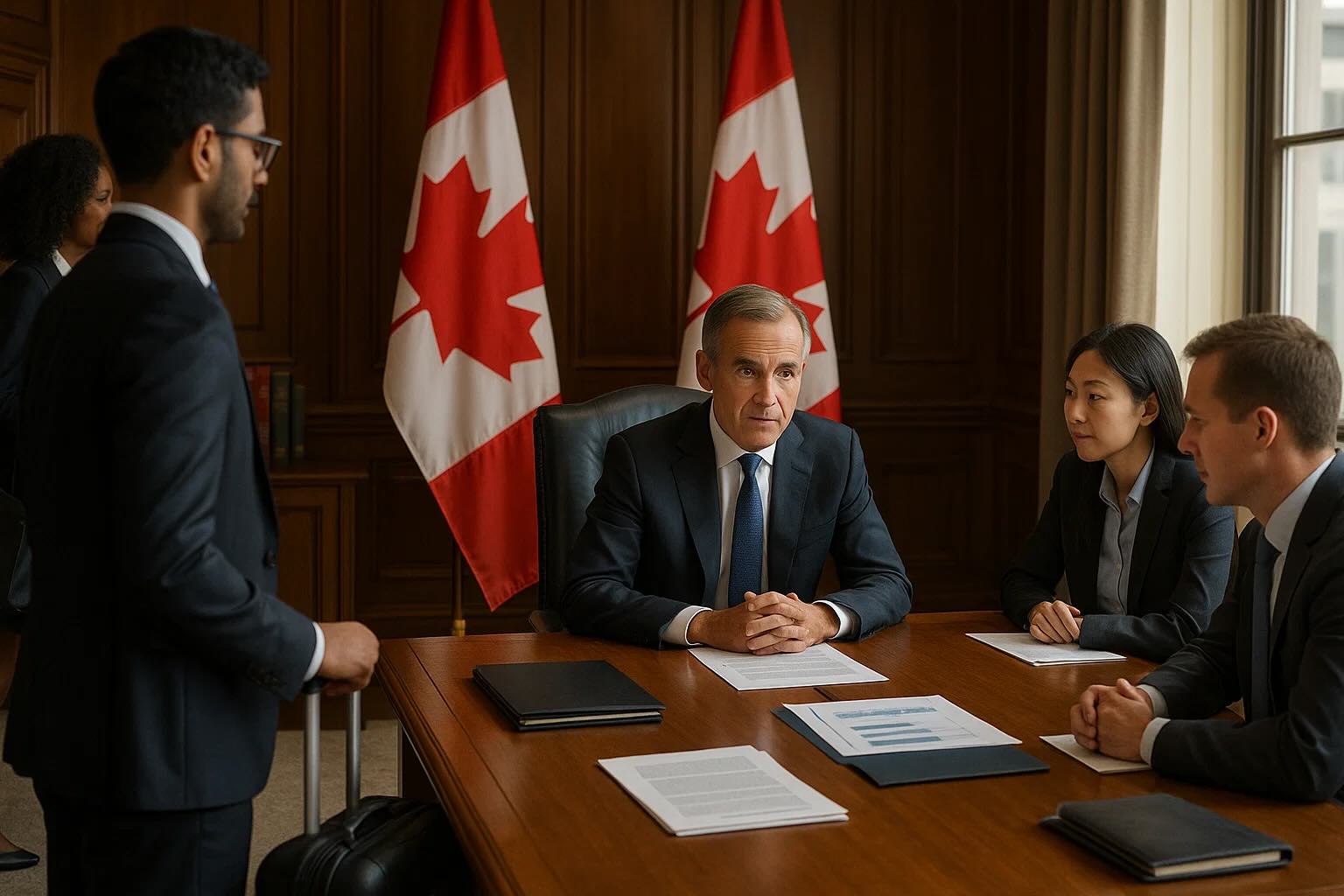For hopeful Canadian immigration applicants, receiving a refusal notice from Immigration, Refugees and Citizenship Canada (IRCC) is undoubtedly a setback. However, this does not mean the end of their immigration journey. Understanding the underlying reasons for the refusal and taking appropriate follow-up actions based on the specific circumstances is key to potentially changing the outcome.
Typically, IRCC informs applicants of their application's rejection via a physical letter or a message through their online IRCC account. However, such notifications often only state the decision and offer little to no detailed explanation for the refusal. Therefore, the primary task for applicants upon receiving a refusal is to delve into the root causes and subsequently choose the most suitable response strategy for their situation.
1. Obtain Global Case Management System (GCMS) Notes to Understand Refusal Details
To understand the specific details of a refusal, applicants can request their Global Case Management System (GCMS) notes. The GCMS is an internal system used by IRCC and the Canada Border Services Agency (CBSA) to manage and evaluate applications. GCMS notes contain comprehensive information about the application, such as application type, date received, processing status, immigration officer's notes made during the review, correspondence to and from IRCC, information submitted by third-party representatives, relevant documentation, and, most importantly, specific explanations for the refusal.
To receive GCMS notes, an Access to Information and Privacy (ATIP) request must be submitted, along with a $5 processing fee. Notably, only Canadian citizens, permanent residents, or individuals currently residing in Canada can submit an ATIP request directly. Those outside Canada must do so via an authorized representative (a Canadian citizen, permanent resident, or a corporation in Canada), who must complete a Consent for an Access to Information and Personal Information Request form (IMM 5744). IRCC is generally required to respond within 30 days, unless an extension is warranted. Actually obtaining the notes can take several weeks or even months. Furthermore, to request GCMS notes, the application must have passed the R-10 completeness check (the initial review stage determining if all required documentation is present).
2. Submit a Reconsideration Request to Seek a Review
Although IRCC officers undergo comprehensive training, errors or misunderstandings can still occur. If an applicant strongly believes an error was made by the immigration officer or that a misunderstanding led to the refusal, they can submit a Reconsideration Request (RR) to IRCC.
An RR may be appropriate if the applicant is certain they:
- meet all eligibility requirements;
- have correctly completed and submitted all necessary forms;
- submitted a complete and error-free application;
- provided adequate primary and supporting documentation;
- demonstrated sufficient financial stability;
- completed biometrics and provided a police certificate (if applicable);
- provided convincing evidence of intent to leave Canada at the end of their stay (if applicable);
- have not misrepresented themselves;
- are admissible to Canada;
- and have met all other necessary requirements.
When submitting an RR, a package should be compiled including the GCSM notes, the original application and all submitted documents, the refusal letter, and, crucially, the Reconsideration Request letter. This letter should clearly outline the perceived errors or misunderstandings, provide compelling counterarguments, offer clarifications that might alter the decision (e.g., additional health information or family tie details), and include new, valid documentation if necessary. The letter must be persuasive, professional, and respectful. Referencing specific immigration policies or relevant case law can strengthen the request.
An RR can be submitted online via IRCC's web form or by email if provided in the decision letter. There is no official fee or strict deadline, but acting promptly, ideally within 30 days of receiving the refusal letter, is advisable.
3. File an Appeal with the Immigration Appeal Division (IAD) if Eligible
In three specific circumstances, applicants can file a Notice of Appeal with the Immigration Appeal Division (IAD) of the Immigration and Refugee Board of Canada (IRB) for a review:
- Refusal of a family member's sponsorship application.
- Issuance of a removal order.
- A decision that permanent residency obligations have not been met.
Other types of refusals, such as those for general permanent residence or temporary residence applications, are not eligible for this route and may require considering judicial review, a reconsideration request, or reapplication.
An appeal is typically pursued if there was an error of fact or law, a principle of natural justice was not observed, or there are humanitarian and compassionate grounds justifying an exemption or PR status.
Strict deadlines apply for filing appeals:
- Sponsorship Refusal: The sponsor (a Canadian permanent resident or citizen) must file within 30 days of receiving the refusal letter. Required: A completed Notice of Appeal form and a copy of the refusal letter sent to the family member.
- Removal Order: Canadian permanent residents, foreign nationals with a PR visa, and convention refugees or protected persons must file within 30 days of receiving the removal order. Required: A completed Notice of Appeal form and a copy of the removal order.
- Residency Obligation: Permanent residents who applied for a travel document overseas and were refused must file within 60 days of receiving the refusal letter. Required: A completed Notice of Appeal form for each affected family member and a copy of the decision letter from the overseas visa office.
Importantly, appeals for sponsorship refusals or removal orders cannot be made if the applicant or sponsored person was found inadmissible to Canada for reasons such as: conviction of a crime in Canada resulting in a six-month prison sentence; commission or conviction of a crime outside Canada that would carry a maximum prison sentence of 10+ years under Canadian law; involvement in organized crime; being a security threat; or violating human or international rights.
The appeal process involves the IAD setting a hearing date, preparation of witnesses and evidence, presenting the case at the hearing, and cross-examination by Minister’s Counsel. A decision may be issued at the hearing or within 60 days. A successful appeal can result in: the PR application resuming processing (sponsorship); cancellation of the removal order (removal order); or retention of PR status and issuance of a new PR travel document (residency obligation).
4. Apply for Leave and Judicial Review
Under the Immigration and Refugee Protection Act (IRPA), applicants have the right to challenge an immigration officer's refusal. A judicial review involves the Federal Court examining the officer's decision for reasonableness, correctness, and lawfulness. If the court finds the decision was not sound, it will be overturned. This does not mean automatic approval but rather that the application is returned to IRCC for reassessment by a different officer.
Judicial review is a two-stage process:
- Application for Leave: Permission must first be sought from the court to proceed with a judicial review. This requires a formal application. Strict deadlines apply: 60 days from the refusal notification if the matter arose in Canada, and 15 days if it arose outside Canada. An "applicant's record" must be prepared, containing the entire application copy, legal arguments, and supporting case law.
- Judicial Review Hearing: If leave is granted, the hearing is typically scheduled within 30 to 90 days. Here, the applicant or their lawyer argues why the case should be reconsidered due to errors of fact and/or law. All available evidence is examined. The Court's decision may take one to six months. If successful, IRCC will reassess the application.
The judicial review process can be lengthy, potentially exceeding a year, and costly (beyond the $50 filing fee, as many hire immigration lawyers).
5. Consider Submitting Another Application
Unless explicitly stated otherwise in the refusal letter, applicants can usually submit a new application. This is often the simplest and most cost-effective route, especially if the applicant concedes there was no error of fact or law in the original refusal.
The benefit of reapplying is familiarity with the process. Crucially, any issues leading to the initial refusal must be addressed. Since refusal letters are often vague, GCMS notes are invaluable here, as resubmitting identical information is unlikely to yield a positive outcome. Once refusal reasons are understood, additional documentation or information can be included to strengthen the new application. For example, if a visa was refused due to insufficient financial proof, reapplying with updated bank statements or a stronger letter of invitation would be appropriate.
Including a Letter of Explanation (LOE) can be a powerful tool to address concerns, clarify ambiguities, and provide additional context directly to the immigration officer.
It is advisable to reapply as soon as the refusal reasons have been addressed, as delays could result in changes to immigration policies or eligibility criteria.
6. Consult a Professional Immigration Lawyer
If the original application was prepared with a lawyer's assistance, they will generally advise on next steps after a refusal. If the application was self-prepared or assisted by an unpaid representative, consulting an experienced immigration lawyer upon refusal is highly recommended.
Except for straightforward reapplications after a material change in circumstances (e.g., acquiring more settlement funds), addressing a refusal often involves navigating considerable immigration and legal complexity. A lawyer can thoroughly review the refused application, identify weaknesses or errors, and help strengthen the case. They can clarify the best course of action, explain legal terminology, identify missing components, or suggest alternative immigration pathways.
In conclusion, facing a Canadian immigration application refusal does not mean applicants should lose hope. Through careful analysis, obtaining professional advice, and adopting the correct strategies, there is still a chance to achieve their goal of immigrating to Canada.









